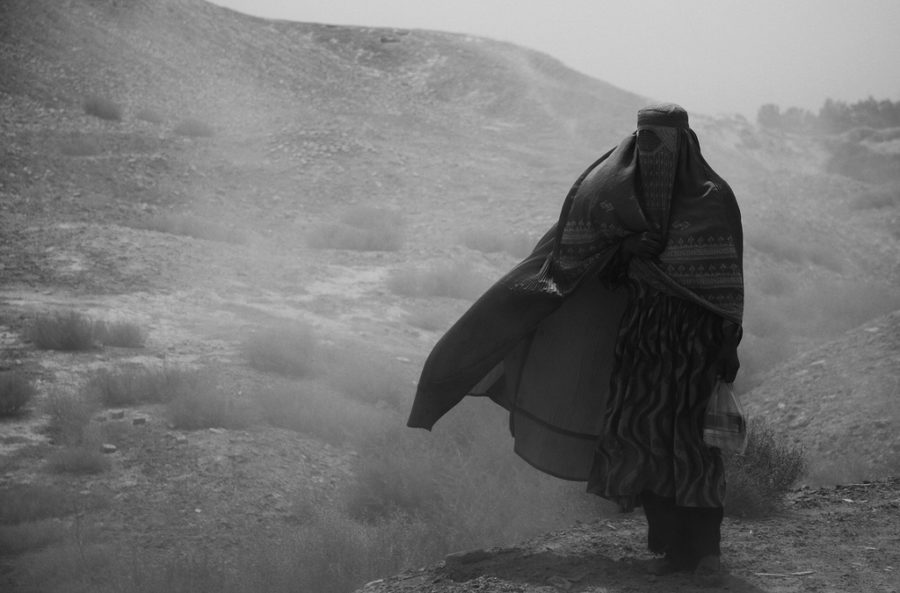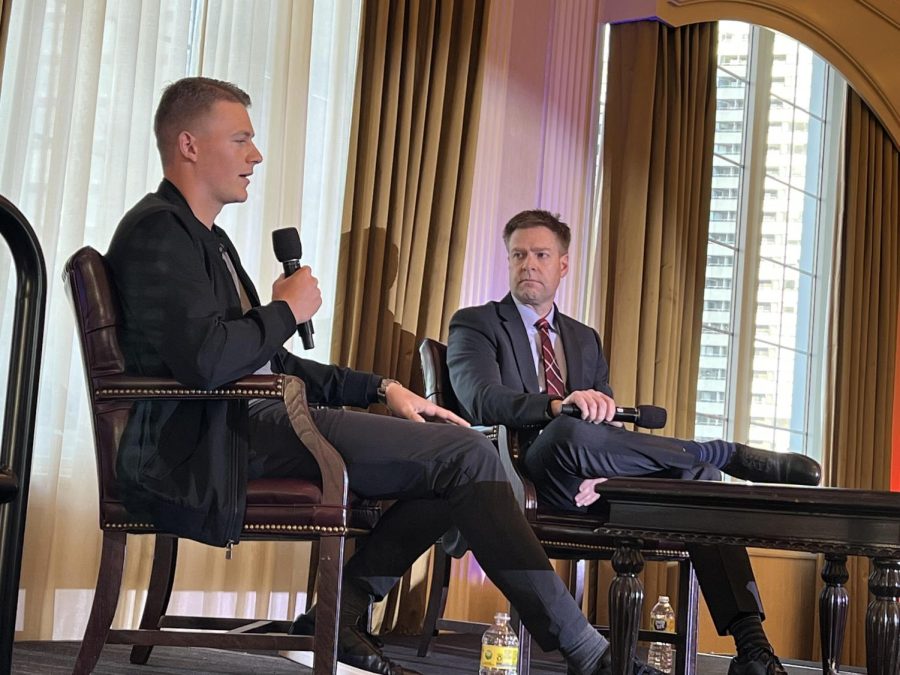On April 11, France implemented a ban on the burqa, the Islamic face-covering veils sometimes worn by women that covers them from head to toe – a measure that has gathered a great deal of controversy among the Muslim community and non-Muslims alike.
The law prohibits Muslim women in France from wearing burqas in public, and those who do not oblige can face a fine of up to 150 Euros ($215) or be forced to take classes on French citizenship.
The ban applies to both the burqa – which has a mesh screen over the eyes, and the niqab – which has just a slit for the eyes. It will affect an estimated 2,000 Muslim women in France as well as visitors who wear burqas or niqabs.
France’s government justifies this law under the conviction that banning the headwear promotes sexual equality. However, many have met the ruling with opposition.
French President Nicholas Sarkozy has insisted that the law is not meant to be racist in any way. It is his be lief that the burqa imprisons women and contradicts the secular nation’s standards of equality. Others disagree.
Many argue that the ban impinges not only on religious freedom and freedom of expression in a democracy, but also defies a woman’s right to choose what she wants to wear – however much or little clothing that may be. Others claim that the law promotes Islamophobia, and that women who wear the garb do so of their own accord, as burqas have no religious foundation in the Qua ran.
“The reaction amongst Muslim women varies, but I think a common sentiment is that this law denies women in France the right to choose what to wear,” said Muslim Student Union at UC Irvine Vice President Hadeer Soliman in an interview with the Tehran Times. “The new law will not create a ‘moderate’ Islam, as some French officials claim it will; rather, it alienates and infringes on the rights of a significant portion of the French population.”
The day the ban went into effect, a protest was held in front of the Notre Dame Cathedral that consisted of roughly a dozen people – three of whom were women wearing burqas. Paris police detained two of the veiled women, although it is unknown whether or not they were fined. The Paris police administration said the women were detained for participating in an unauthorized protest.
The law is carefully worded – not even using the words “veil,” “Muslim,” or “women.” It modestly states that it is illegal to hide the face in public. And although Italy has a law against covering the face, it is for security reasons. President Sarkozy first proposed the ban two years ago and targeted veil-wearers, saying that veils are not welcome in France.
Police say the law will be difficult to enforce and rarely applied. Several veil-wearing women made it clear that they would not obey the ban. Public opinion in Paris regarding the morality of the ban on burqas and niqabs is mixed, but leading parties on both the left and the right strongly support the law.












